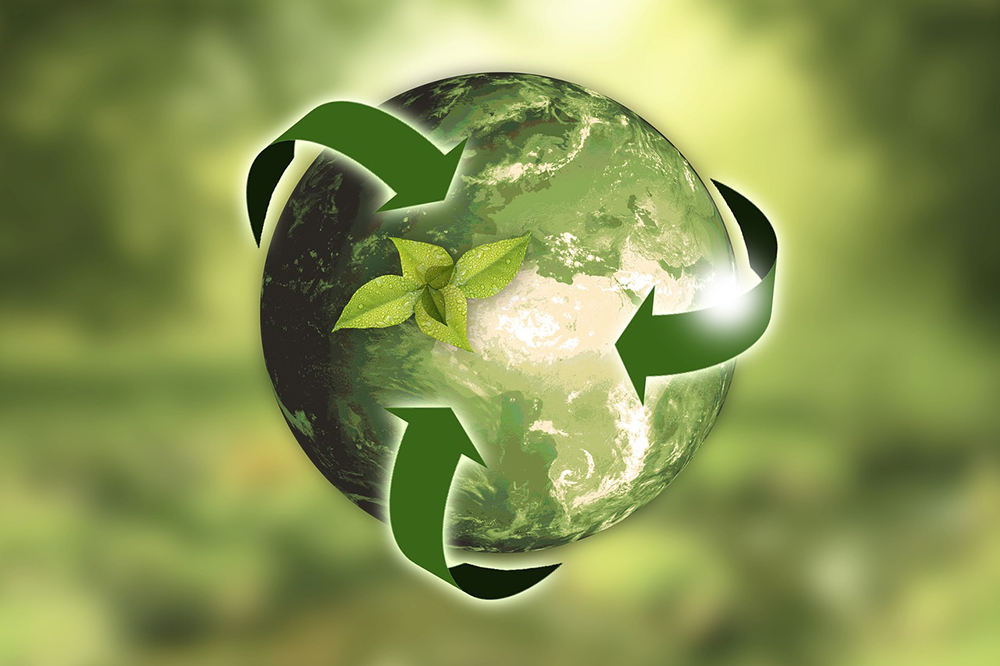Embracing Sustainability in Janitorial Services for a Cleaner and Greener Future

The cleaning industry directly impacts human and environmental health by producing opportunities to adopt more sustainable community practices. By making simple changes to your everyday life, you can quickly reduce your carbon footprint, limit water and energy usage, leading to a positive impact on the environment.
Switch to green cleaning supplies
Many traditional cleaning chemicals contain toxic ingredients and generate pollution from production and disposal. Replacing these with eco-friendly cleaners is one of the most effective steps. A helpful tip for finding safer cleaners is to look for Green Seal or EPA Safer Choice-certified products made from natural ingredients like citric acid, hydrogen peroxide, plant oils and plant-derived soaps. These products are effective cleaners that do not contain toxic chemicals, volatile organic compounds (VOCs) or substances like ammonia and chlorine that can trigger asthma.
VOCs contain many compounds, some of which may have negative consequences that can impact short-term and long-term health. Compared to conventional products, these cleaners have a lighter environmental footprint with less air and water pollution from production. This results in a faster breakdown rather than experiencing lingering disposal of contaminants. Plus, plant-based solutions often come in recycled and recyclable packaging.
Microfiber cloths and mops are another sustainable alternative to standard disposable cleaning tools like paper towels. The dense, lint-free microfibers are highly effective at trapping dirt, dust and grime, reducing the need for chemical cleaners. Microfiber materials are reusable and washable, generating less waste than single-use wipes. Look for microfibers from recycled PET/polyester materials or plant-based sources like cellulose. With the proper cleaning methods, microfiber products can replace traditional tools, minimizing waste while saving money.
Use high efficiency equipment
Shifting to environmentally-friendly appliances and equipment, like ENERGY STAR-certified products, can lead to substantial reductions in energy consumption during janitorial operations. The adoption of high-efficiency vacuum cleaners featuring advanced suction technology and brushless motors contributes to decreased electricity usage, generating cumulative energy savings. Upgrading traditional light bulbs to energy-efficient LED lighting effectively reduces lighting-related energy consumption. Incorporating low-flow faucets, toilets, and showerheads minimizes water wastage. Moreover, installing sensor-activated lights in unoccupied areas prevents needless energy use by automatically switching off when rooms are vacant.
Though energy-efficient equipment carries higher upfront costs, long-term energy and water savings will reduce utility bills and quickly offset the initial investment in energy-saving products. Overall, transitioning to more sustainable gear is a wise decision that pays dividends through dramatically lowered utility bills and environmental impact.
Reduce and recycle waste
Janitorial activities generate a significant amount of waste - from plastic bottles and cleaning solution containers to used mops and rags. Provide reusable rags rather than disposable wipes to cut down on waste and recycle products so that you can divert these materials from landfills.
While using non-hazardous chemicals is preferred, it is sometimes necessary to use hazardous products. To prevent environmental contamination, safely handle and dispose of hazardous chemicals, batteries, and fluorescent bulbs. This will protect the environment and living things nearby.
Conclusion
By making minor adjustments to your janitorial practices, such as opting for plant-based cleaning products, utilizing reusable microfiber tools, embracing energy-efficient equipment and practicing recycling, you can notably contribute to sustainability and responsible operations. Seizing this opportunity allows you to play a role in creating a cleaner, healthier and more sustainable world for generations to come.

